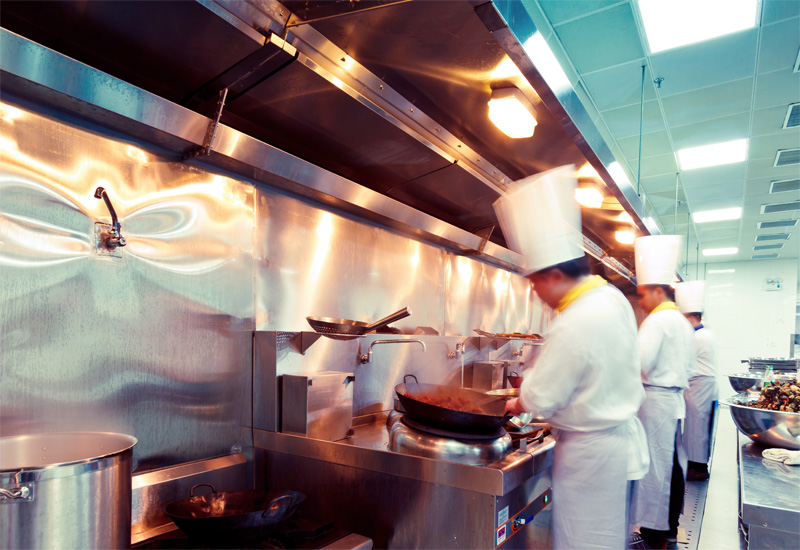 Does the Middle East have the volume and consistency in its F&B to justify the arrival of international ratings?
Does the Middle East have the volume and consistency in its F&B to justify the arrival of international ratings?
DOES IT HELP CHEFS?
Ratings can have a dark side — hopes of winning a nod, pressure of holding on to a star if one is received, and complacency after winning accolades are all caveats to beware of.
Khan says: “In my opinion stars are a double-edged sword; they can obviously add value to a business by recognising it as a place of excellence, however such an establishment usually has very high running costs and significant pressure of maintaining the rating.
“In addition such places face manpower issues as employees can be attracted to work for the establishment simply to get the Michelin experience; this can increase the staff turnover.
“Finally, should the rating fall it could severely damage the business.

| Advertisement |
There is of course the story of a famous chef who handed Michelin back his stars as he felt it was of no real benefit! Also, some operators place more value of casual dining as it has the potential to enjoy a healthier sustainable customer base than that of a fine dining establishment.”
Khan of course, is referring to Marco Pierre White in the above example. But this begs the question: who craves the stars? Chefs or diners?
“Both, as stars will push chefs to excellence, and excellence brings clients, who are looking for outstanding culinary journeys and know by the stars that they will not be disappointed,” explains Biles.
Fraser-Smith add: “Chefs strive for that first star and then double the efforts to maintain or acquire another, since you are only as good as your most recent review.”
He continues: “The Michelin star concept is extremely important to both chefs and diners. For chefs, it is a sign of both quality and coveted-status. It places them in a league of their own, and sets their culinary prowess apart from the rest of their peers. It simply makes them way more marketable, and certainly cascades this marketability to any restaurant they attach their name to.
Alvis concludes: “All chefs dream of Michelin stars at some point in their career and it would be nice for chefs and restaurants here to be globally recognised.
“Michelin is definitely important; it really creates interest and brings business. It would help the F&B scene if taken seriously, but if it’s not here then we can’t worry about it. In all honesty it can be a burden for chefs to maintain [stars], when what is most important is happy guests filling your restaurant.”








 Search our database of more than 2,700 industry companies
Search our database of more than 2,700 industry companies









